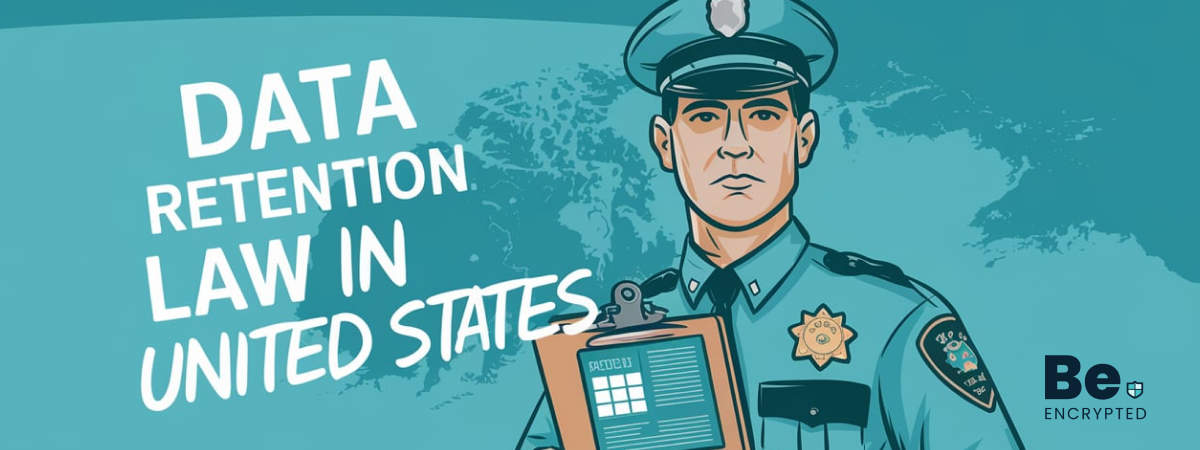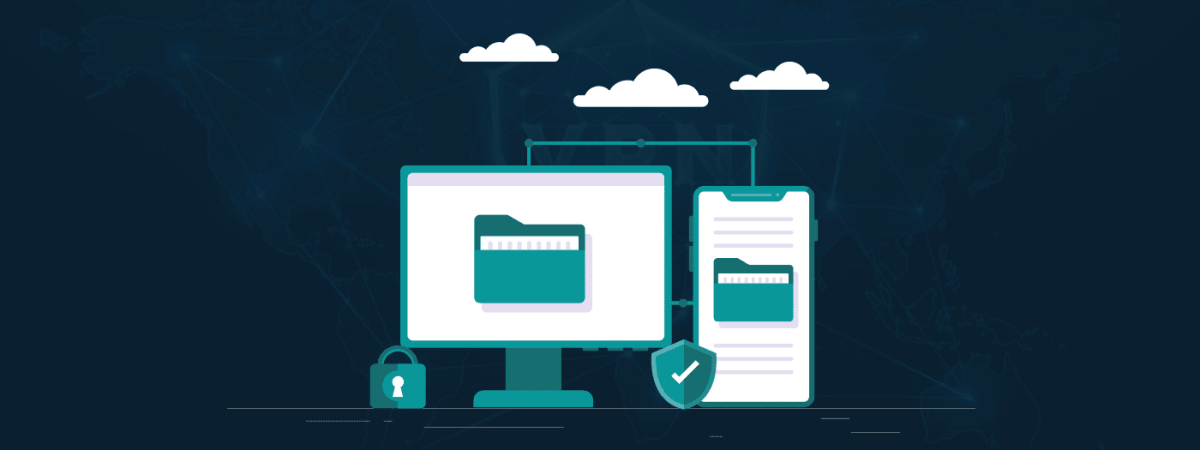With the revelation that the Canadian Revenue Agency (CRA) regularly supervises social networking sites, Canadian headlines are flooded with privacy concerns. The CRA monitors the Facebook, Twitter, and other social network posts of Canadian suspects cheating on their taxes. The disclosure has set off a debate on what makes ‘publicly available information’ and what kind of investigation is considered directly related to a government program.
“The CRA does practice risk-based compliance, so, for taxpayers identified as high risk, any relevant, publicly available information relating to the specific risk-based factors for the taxpayer may be consulted as part of our fact-gathering processes,” said spokesperson David Walters.
However, compared to the powers given to government institutions by the Anti-terrorism Act of 2015 (also known as Bill C51), the CRA proceedings seem tame.
BILL-C51 given authority to CSIS and Police
The prime minister gave the police and the Canadian Security Intelligence Service (CSIS) the following powers in the rule: Stephen Harper, who passed an act in this regard.
- Empowers CSIS to detain a suspect without any charge or warrant for up to seven days.
- Anything that seems suspicious and linked to terrorism could be interrogated.
- They could easily put an individual on a no-fly list if they suspect him to be in an act that would threaten transportation security or travel by air to commit an act of terrorism.
- Communication metadata, such as phone numbers, email addresses, subscriber details, etc, should be retained for 6 months and shared with 17 federal institutions.
- People seeming to promote material such as terrorism through channels like blogs, articles, news reports, or any other form of literature could be sentenced to jail.
- Authority of “Ordering removal of terrorist propaganda” from the internet.
- Sounding extremists, the account of Twitter and such social websites could be obstructed.
- Examination and infiltration of groups considered to be high-risk working on specific interests, such as environmentalists, First Nations rights advocates, pipeline protesters,
The critic’s view on BILL-C51
After the bill’s disclosure, it was met with a huge trove of criticism from citizens and personalities linked to other professions, such as legal scholars, business leaders, and even four former Prime Ministers, which was unsurprising. The common reservation raised by almost all the critics was the damage to human rights in Canada.
Privacy Commissioner Daniel Therrien has fiercely criticized the impact these measures would have on Canadians, saying that the new powers of 17 federal agencies to exchange personal and confidential information in the name of the war on terror are “excessive” and could affect ordinary Canadians.
Michael Geist has described the Bill as a “punch in the gut” for privacy and civil liberties.
However, the bill repeatedly characterizes the Security Intelligence Review Committee (SIRC) as an inspecting committee for CSIS, but the SIRC negates this view. SIRC has stated it was intentionally designed to be a restricted, after-the-fact “review” body rather than a powerful “oversight” committee that could assess intelligence operations; genuinely, no efficient oversight exists.
Does the new government make a difference?
The new liberal government vows to eliminate some controversial matters, acquiring parliamentary surveillance of intelligence agencies, but these steps have not been witnessed yet. However, recently, the two largest police forces from Quebec were reported to monitor the phones of many local reporters, forcing Prime Minister Justin Trudeau to insist on the importance of the independent press in a democratic state.
A liberal government could effectively use tools like VPN (Virtual Private Network) to balance national security and citizen rights.
Share this article
About the Author
Zehra Ali is a Tech Reporter and Journalist. She has done her Masters in Mass Communication. Topics related to cybersecurity, IoT, AI, Big Data and other privacy matters are extensively covered by her on various platforms. You can follow her on twitter.
More from Zehra AliRelated Posts

Data Retention Law in United States
Mandatory Data Retention Law in the United States is not implemented. However, according to the law ...
European Union MetaData Rentention Law
In 2006, the European Union passed the Data Retention Directive (DRD), which is considered an extrus...

Review of the Mandatory Data Retention Law
KEY TAKEAWAYS Mandatory Data Retention Law is against every user’s privacy, as it allows ISPs ...

How to Protect Yourself from MetaData Retention
KEY TAKEAWAYS The extremely invasive Investigatory Powers Act in the UK and Congress’s vote to...

Mandatory Data Retention Law in Germany
In January 2016, the German law on data retention came into effect to ‘strengthen’ the n...

What is Australia Data Retention Law? How to Protect Yourself
The countdown for ‘intrusive data surveillance’ has expired after the 18-month deadline. From this d...


